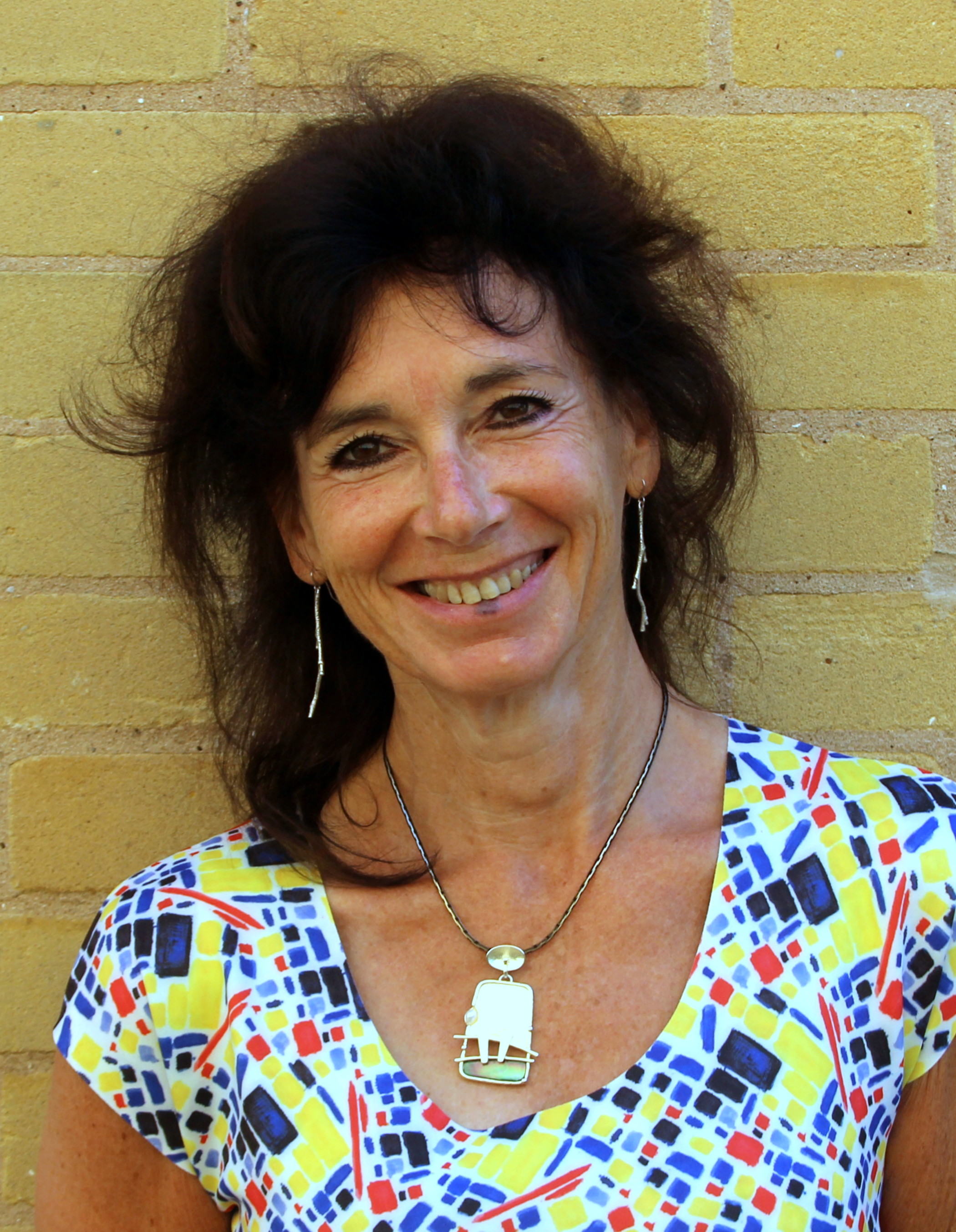Do prisons make people angry, alienated and dangerous? Reflections on findings and frustrations
Notes & Changes
Please note that this event will be recorded, if you do not wish to be part of the recording, please feel free to turn your cameras off once the talk begins. The talk will be made available on the Criminology website and YouTube channel at a later date.
Prisons damage, under some conditions, or they can help to foster ‘ethical self-development’ under others. The latter is rare, however, and increasingly unlikely, given deteriorating prison conditions. What do distinctions between prisons tell us about ‘the production of risk’, and the human condition? What differences matter most? What role do trust and distrust play in the creation of violence, or its opposite? Should we always ‘try to trust’? I draw on my own work, and the theorizing of others, to address these questions, also asking, what are the best kinds of research methods for establishing these ‘facts’? At what point can we claim ‘expertise’, and in what respects? What do we do with our understanding? In this seminar I will try to fuse ‘findings’ with ‘grapplings’, sketching out some conclusions to date and some hopes for the future.
Please only use a university or organisational address for registration.
Registrations will close at 12 midday on Wednesday 12th May. The link will be sent to you later that afternoon.


